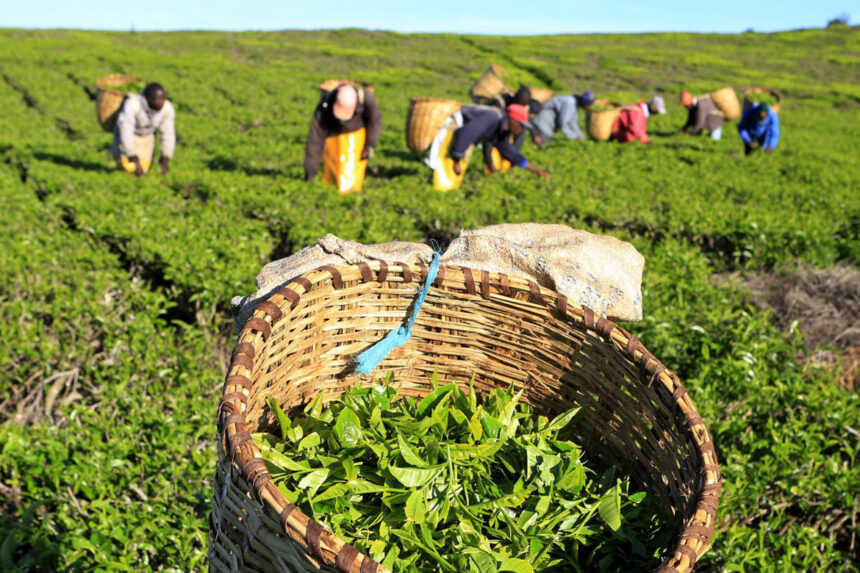East Africa’s tea industry is showing renewed momentum, with Tanzania recording rising production driven by the reopening of dormant factories, the rehabilitation of estates, and the installation of new processing facilities.
According to the Tea Board of Tanzania (TBT), national production rose by more than five per cent in the 2024/25 season to 22,000 tonnes compared to the previous year. Projections indicate that output could exceed 30,000 tonnes of made tea this fiscal year, supported by increased processing capacity and fresh investments.
TBT Director General, Beatrice Banzi, noted that several long-idle factories, including the Kilolo Tea Factory now operating under a joint venture with Chinese investors, have resumed operations. The facility is producing orthodox tea for both local and export markets. She added that government is reviewing non-operational tea factories previously privatised, with the intention of returning them to farmer ownership under updated legal frameworks.
New processing machinery has also been installed in Dar es Salaam to support sector growth. “Many factories in Njombe and Iringa had shut down but have now received new investment, including financing from CRDB Bank. We anticipate a harvest exceeding 30,000 tonnes this fiscal year,” Ms Banzi said.
Beyond factories, dormant tea estates in the Southern Highlands, some inactive for over three decades, are being rehabilitated to meet national production targets.
TBT Marketing Manager, Suleyman Chillo, confirmed the revival of Victoria Tea (formerly Kagera Tea), which is resuming operations with a renewed focus on high-quality production for international markets.
The return of Victoria Tea is expected to significantly boost incomes for smallholder farmers in Kagera, while strengthening Tanzania’s export performance. “Our strategy includes training farmers on best practices in cultivation, harvesting, and fertiliser use to improve yields,” he said.
Currently, tea is cultivated in six regions—Tanga, Iringa, Njombe, Mbeya, Mara and Kagera—with more than 70 per cent of the crop grown in the Southern Highlands. TBT’s Acting Director of Regulatory Services, Mbushunoti Mindoi, highlighted that the country has over 32,000 smallholder farmers and seven large-scale producers, with tea covering nearly 24,000 hectares nationwide.
Although last season fell short of its 25,000-tonne target due to drought and temporary factory closures, TBT reports that management issues are being resolved and factories are resuming operations with renewed capacity.
With new investments, revived estates, and a stronger regulatory push, Tanzania’s tea industry is poised for growth—benefiting both local farmers and the wider economy through increased export earnings.


